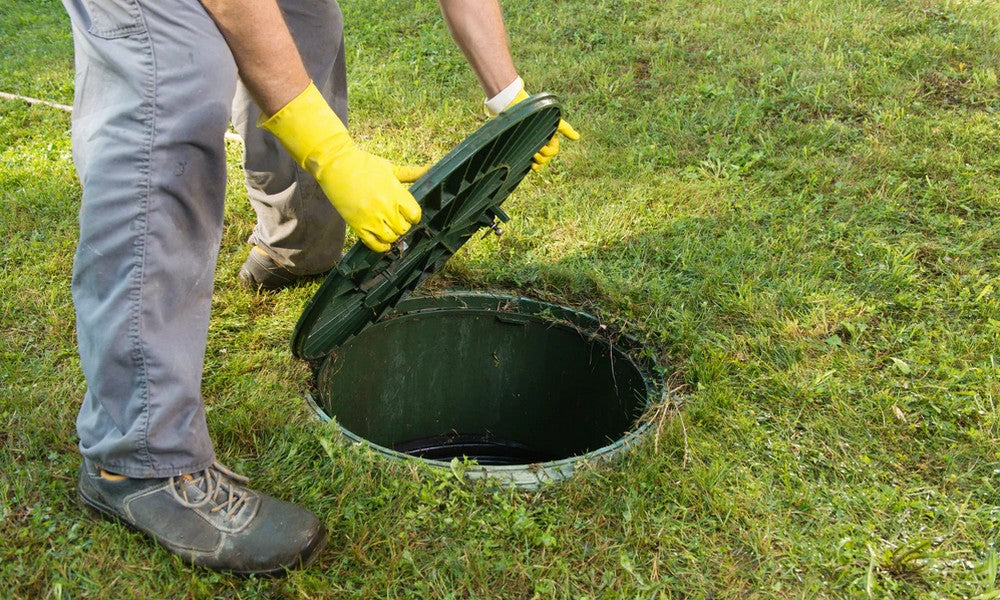Most people take medications at some point in their lives. For those on medications who have septic systems, medications can play an interesting role in the operation of your system.
While normal use of over the counter drugs won't harm a septic system, some stronger medications can.
Chemotherapy drugs in particular require more maintenance due to their strength and composition. These drugs are mostly broken down in the patient's body, but some of them are excreted unchanged or remain active even in a patient's urine, saliva, or faeces.
Interestingly, if these materials enter large wastewater treatment systems, they are generally diluted due to the large number of people and businesses using the system. When they enter a single household septic system, however, there is a possibility they can kill or retard the growth of the anaerobic bacteria in the septic tank, pre-treatment system, and soil treatment area. Those bacteria are necessary to the proper operation of the system.
If someone using a septic system is going to be on strong medications more than a few months, you might want to give them these suggestions, which were first published on Pumper.com:
- Don't flush unused medications of any kind if you're on a septic system. Whether medications are being used short- or long-term, it's best to not flush any unused medications at all ever.
- Evaluate a septic system if anyone in the house is on a three month or longer medication regimen. Tanks may need to be pumped more often to remove solids that are accumulating rapidly to the loss of beneficial bacteria, particularly if someone is using stronger medications like chemotherapy drugs.
- Ask customers when doing routine maintenance on their systems if anyone in the house is on strong medications in advance for your own protection.
- As always, avoid putting products into a septic system that kill bacteria such as anti-bacterial soaps, cleaners, bleach, etc. No point in making the situation even worse.

